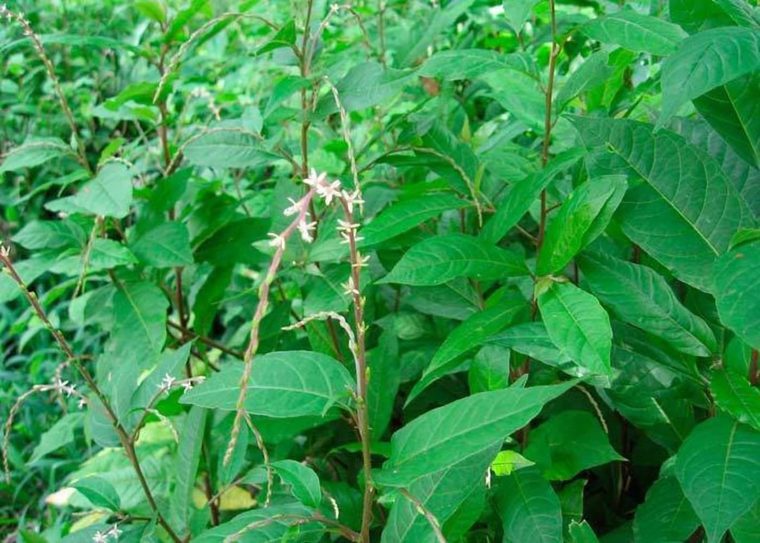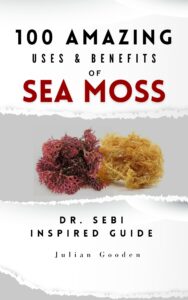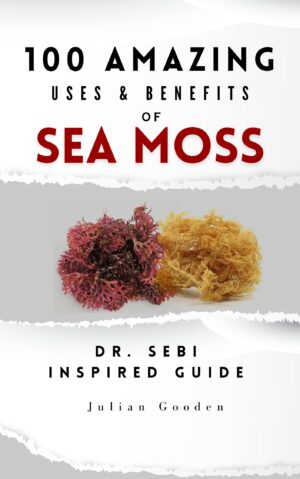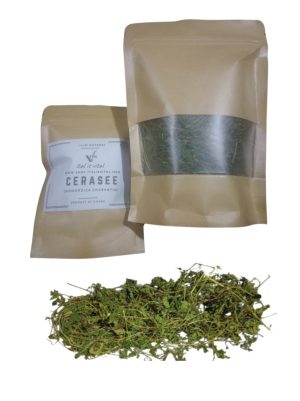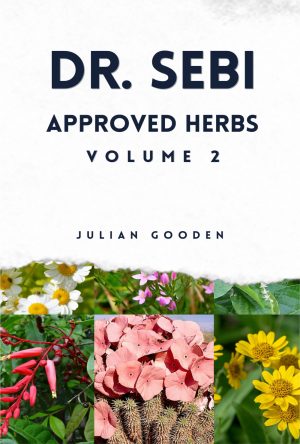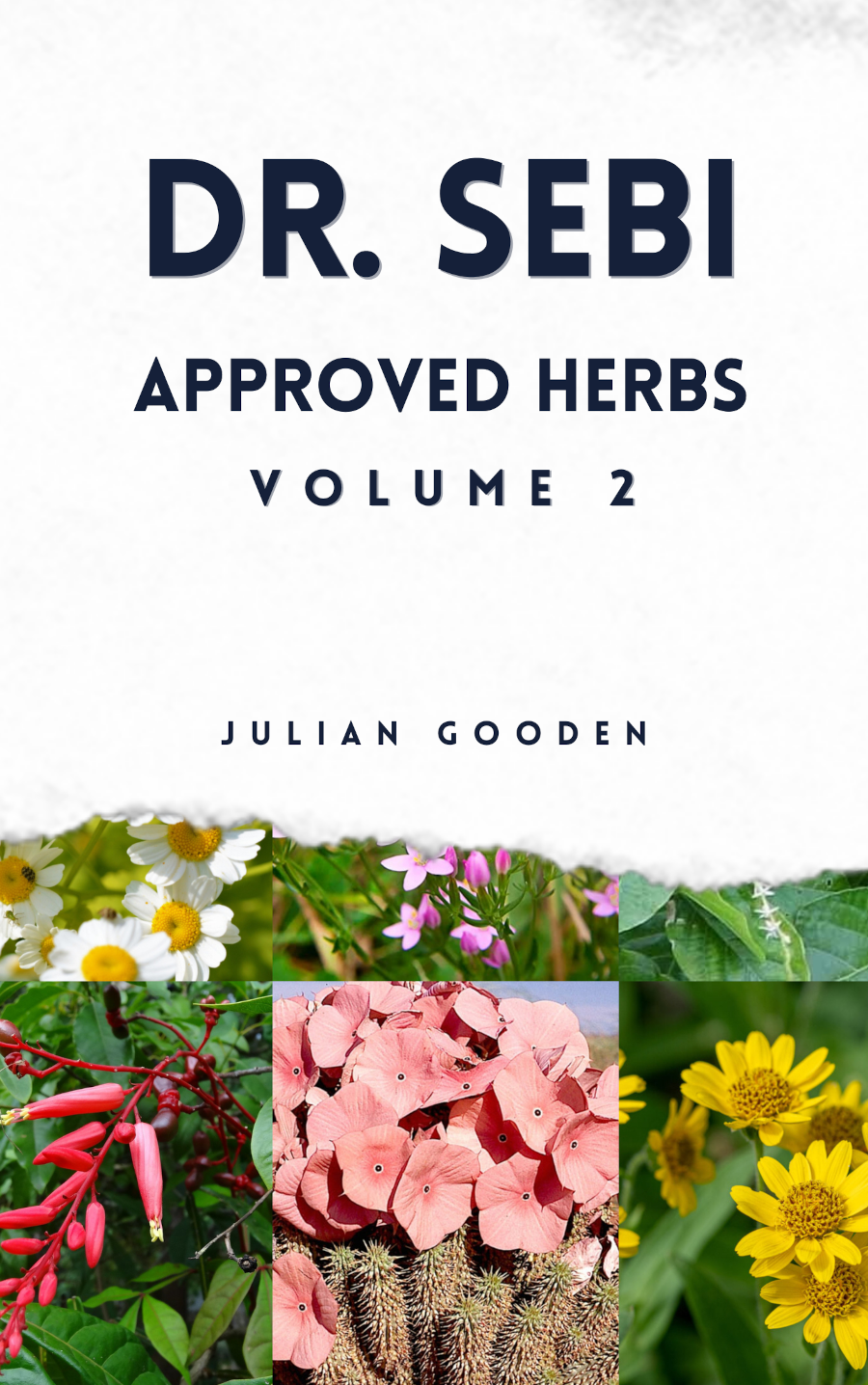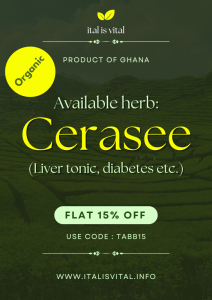Scientific Name: Petiveria alliacea
Common Names: Guinea Hen Weed, Anamu, Mucura, Gully Root, Garlic Weed
Overview:
Anamu, also known as Guinea Hen Weed, is a powerful medicinal herb native to the tropical regions of the Americas, including the Caribbean and parts of Africa. It has been used for centuries in traditional medicine for its potent health benefits, ranging from immune support to its role in treating infections. Known for its strong garlic-like odor, Anamu is recognized for its bioactive compounds that provide a wide array of therapeutic properties.
Health Benefits of Anamu:
- Immune System Booster: Anamu is known to enhance immune function, helping the body fend off infections. Its antimicrobial properties make it a valuable natural remedy for preventing illness and supporting the body during sickness.
- Anti-inflammatory and Pain Relief: Due to its anti-inflammatory properties, Anamu has been used traditionally to relieve joint pain, arthritis, and other inflammatory conditions. It may also help alleviate headaches and menstrual pain.
- Anticancer Potential: Studies have shown that Anamu contains compounds with anticancer properties. It has been found to inhibit the growth of cancerous cells, particularly in leukemia and breast cancer.
- Antioxidant Effects: Anamu is rich in antioxidants, which protect the body from oxidative stress. These antioxidants help reduce cell damage caused by free radicals, which contributes to chronic diseases and aging.
- Respiratory Health: Anamu is often used as a natural remedy for respiratory conditions like asthma, bronchitis, and colds. It helps to open airways, reduce mucus buildup, and soothe the respiratory system.
- Blood Sugar Regulation: Preliminary research suggests that Anamu can help regulate blood sugar levels, making it potentially beneficial for individuals with diabetes or those seeking to maintain healthy glucose levels.
- Nervous System Support: Anamu has a calming effect on the nervous system. It has been traditionally used to reduce anxiety, stress, and even depression, due to its mild sedative properties.
Traditional Uses of Anamu:
In African, Caribbean, and South American folk medicine, Anamu has been used for a variety of purposes, including:
- Treating infections such as colds, flu, and respiratory infections.
- Alleviating inflammatory conditions, including arthritis and muscle pain.
- Supporting digestion and relieving gastrointestinal discomfort.
- Clearing energy blockages in spiritual healing practices, believed to dispel negative energies.
It’s also been used as a natural insect repellent due to its strong odor.
Bioactive Compounds:
Anamu contains several bioactive compounds responsible for its medicinal properties, including:
- Flavonoids: Provide antioxidant and anti-inflammatory benefits.
- Sulfur Compounds: These compounds contribute to Anamu’s strong smell and are responsible for its antimicrobial properties.
- Triterpenes and Sterols: These have been shown to have immune-boosting, anticancer, and pain-relieving effects.
How to Use Anamu:
- Anamu Tea:
- Preparation: Boil dried Anamu leaves or root in water for 10–15 minutes. Strain and drink 1–2 cups a day to support immune health or reduce inflammation.
- Usage: This is the most common way to consume Anamu for its health benefits. You can also add a bit of agave or lime juice to improve the taste.
- Tincture:
- Anamu tinctures can be taken daily, with a recommended dosage of 10-20 drops mixed with water. This is a more concentrated form of the herb and useful for people who prefer not to drink teas.
- Capsules or Powder:
- For convenience, Anamu is available in capsule or powdered form. Follow the dosage instructions on the packaging for best results.
Safety and Precautions:
While Anamu has been safely used for generations, it’s important to keep the following in mind:
- Pregnant or breastfeeding women should avoid using Anamu, as it may stimulate uterine contractions.
- Individuals with autoimmune diseases should use Anamu cautiously, as its immune-boosting properties might interfere with medications.
- Always consult with a professional herbalist before using Anamu, especially if you are on medication or have pre-existing health conditions.
Anamu and the African Biomineral Balance:
Anamu fits perfectly within the African Biomineral Balance as it supports the body’s natural ability to detoxify and heal. Its ability to boost the immune system and fight infections aligns with Dr. Sebi’s teachings of using natural herbs to cleanse the body and restore cellular health. By incorporating Anamu into your lifestyle, you are supporting the principles of alkaline living and promoting overall well-being.
Conclusion: Anamu is a remarkable herb with a rich history of use in traditional medicine. Whether you’re looking to boost your immune system, fight off infections, or reduce inflammation, Anamu offers a natural and effective solution. Add it to your wellness routine today and experience its healing powers!
References:
- Ethnobotany, phytochemistry and neuropharmacological effects of Petiveria alliacea L. (Phytolaccaceae): A review (2016 Jun 5:185:182-201. doi: 10.1016/j.jep.2016.02.053. Epub 2016 Mar 2.)
Diandra Araújo Luz, Alana Miranda Pinheiro, Mallone Lopes Silva, Marta Chagas Monteiro, Rui Daniel Prediger, Cristiane Socorro Ferraz Maia - Antibacterial and antifungal activity of sulfur-containing compounds from Petiveria alliacea L.
Kim S, Kubec R, Musah RA. J Ethnopharmacol. 2006 Mar 8;104(1-2):188-92. doi: 10.1016/j.jep.2005.08.072. Epub 2005 Oct 17. PMID: 16229980 - Anamu – https://www.rain-tree.com/anamu.htm


